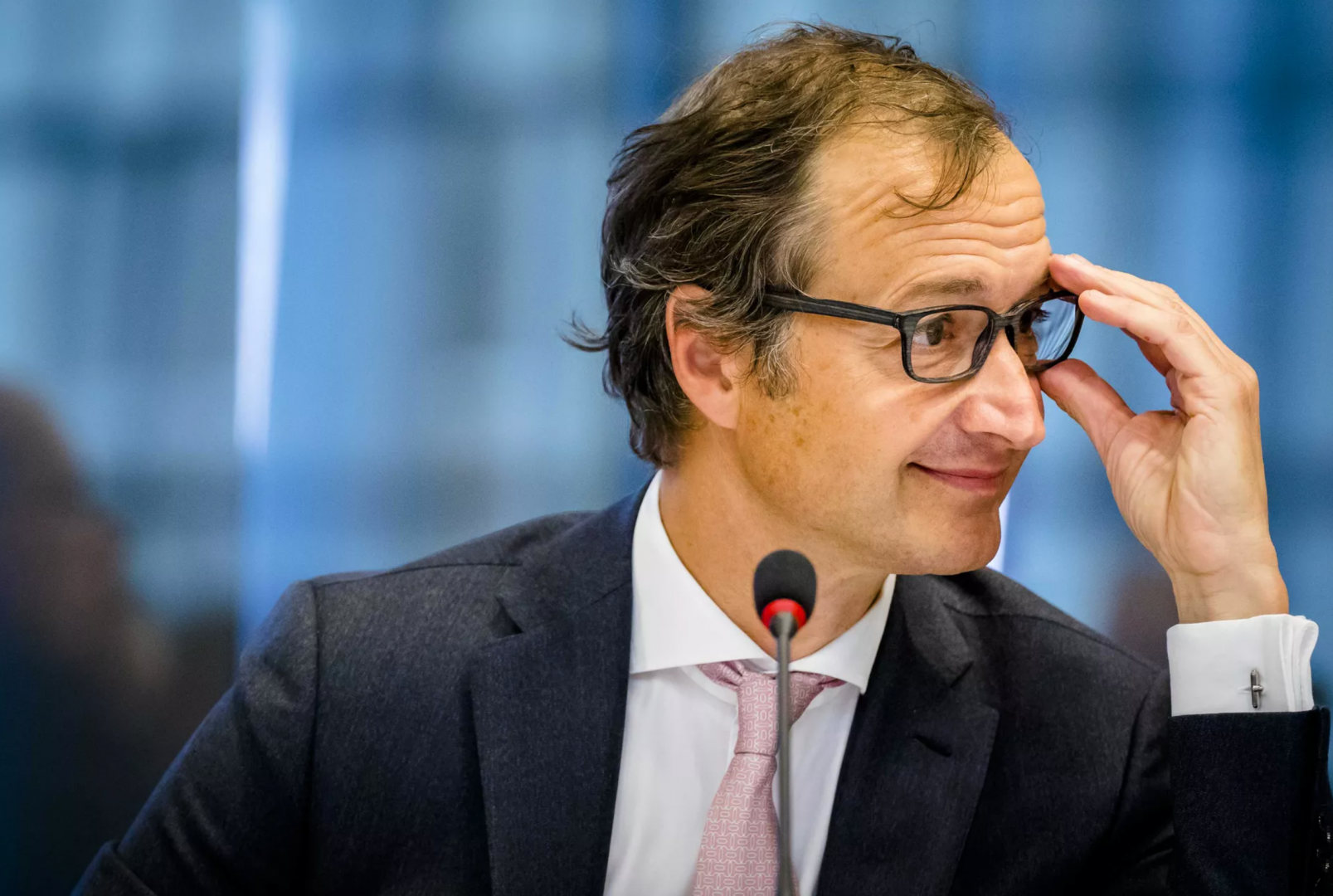Wiebes denies negotiations between Israeli company and the Dutch tax authorities
During a chaotic debate, Wiebes ruled out fiscal horse trading for multinationals.
On Wednesday evening, Eric Wiebes, the State Secretary for Finance, stressed in the Lower House that the Dutch Tax and Customs Administration “did not negotiate”. He had been called to the House following publications in NRC about the tax deal which the Israeli chemical company ICL had struck with the Dutch tax authorities in 2014. This deal was so attractive as to persuade ICL to base its European head office in Amsterdam, rather than in Switzerland, which had been another potential business location.
Although Wiebes acknowledged during a chaotic debate that there had been talk of “tax base narrowers” and other “instruments” (arrangements on deductible items or specific innovations reducing the effective tax burden), he stressed that there could be no fiscal horse trading for multinationals.
The NFIA, the agency which tries to lure foreign companies to the Netherlands, knows nothing about this kind of specific arrangements with the Tax and Customs Administration (‘rulings’), said Wiebes. “They are doing a great job, but have no knowledge whatsoever of rulings. They are not party to them.” That the NFIA had boasted to ICL about the possibilities to “negotiate” with the tax authorities was dismissed as “an unfortunate choice of words”.
One of the two Dutch lawyers closely involved in the negotiations, Karim Aachboun (formerly of KPMG Meijburg), responded that “the Ministry of Economic Affairs and Prime Minister Mark Rutte did excellent lobbying work”. Together with his colleague Ad Aerts, Aachboun devised a plan to win over ICL when the latter kept hesitating between the Netherlands and Switzerland. An investigation by NRC revealed that an improved tax offer just before ICL made up its mind had been the clinching factor.
Aachboun says that he cannot answer detailed questions, but is proud that he could “make a contribution of importance to the Dutch economy”.







